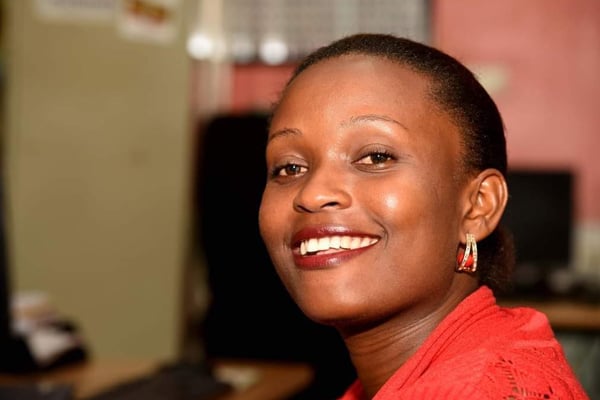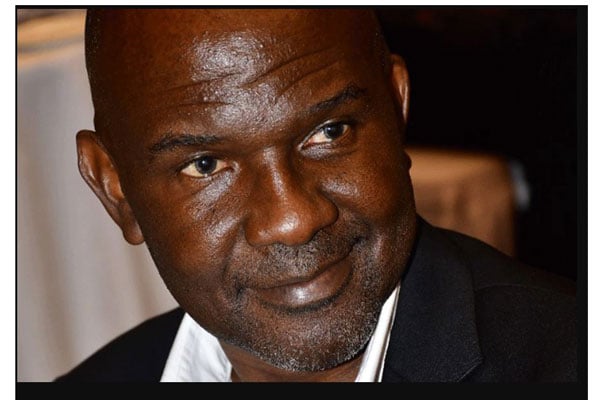Prime
Financial lessons for 20-year-olds

Vivian Agaba
What you need to know:
“You do not have to keep up with the Joneses, live within your means."
Studies show that saving and investing early in life, especially for 20-year-olds, also known as vicenarians, has an added advantage, because their money has more time to grow and their future is more secure.
Unfortunately, I missed out on such information in my 20’s. Money was slipping through my hands without a trace.
This was because of financial ignorance accompanied with excuses such as ‘I was not earning enough to live on and save’, ‘I was still young and had ample time to work and save’ and buying the latest pairs of high heels and handbags among others.
But the older I get, I realise these were mere excuses.
Recently, I commenced taking stock of my financial stance, and it hit me hard that I was lagging behind financially in my 30’s.
Do you ever wonder how people we call ‘low income earners’ manage to work, save and do something tangible with their money?
Two years back, I watched a story on a local TV station of a man who earned Shs300,000 monthly through cleaning toilets in the city.
This man managed to build a family house and educate his children. There are a number of graduates who earn Sh1m or more monthly but have nothing to show for it. The difference is, the former save and invest.
At the beginning of this year, I deliberately decided to acquire more financial knowledge. Every day, I read articles, books and listen to YouTube videos about money. My money management habits are improving, and I am making smart financial decisions.
From the knowledge I have acquired, this is what I would share with vicenarians.
Start saving and investing: According to money experts, the easiest way for one to build their savings, is to start early. This enables one to take advantage of the power of compounding interest. Compound interest is when the interest you earn on a balance in a savings or investing account is reinvested, earning you more interest. Saving early also relieves a lot of pressure, you don’t feel like you are lagging behind unlike those who start late. Remember, you’re never too young to save and invest.
Don’t wait until you have more to save, save from the little you earn. It teaches you the discipline of saving consistently. If you do not learn to save the little, when more comes, you may squander it.
Those still living with their parents/guardians, should use the opportunity to save more so that when they decide to leave the nest, they are financially fit to start their your own.
No need to impress anyone: The 20’s can be an interesting and tricky period. Seeing one’s peers holding the latest phones, designer clothes et cetera, puts many under pressure to fit in. Some get such stuff from their parents, or go into debt to support their lifestyle. You do not have to keep up with the Joneses, live within your means. It is okay to want good things in life, but learn to budget for them.
Educate yourself about money: The Internet is lit with all kinds of financial information, use it appropriately. Listen to YouTube videos, TED Talks, read books. Knowledge is power, there’s always more to learn when it comes money. Financial literacy is the path to financial freedom in future.
Start tracking your money: You can track your expenditures using a budgeting or expense-tracking app, or do it manually by getting a book and pen and noting down how much money you spend daily (including coins). Do it monthly. This helps you figure out how much you spend, on what, and possible areas to cut down on costs and save.
To parents, start teaching your children the value of saving. The earlier they learn, the better they will manage their money in adulthood.
I am not a financial expert. I’m writing to encourage young people who haven’t been saving to start. Make it your new year’s resolution to improve your financial habits.
The author, Vivian Agaba is a journalist.




